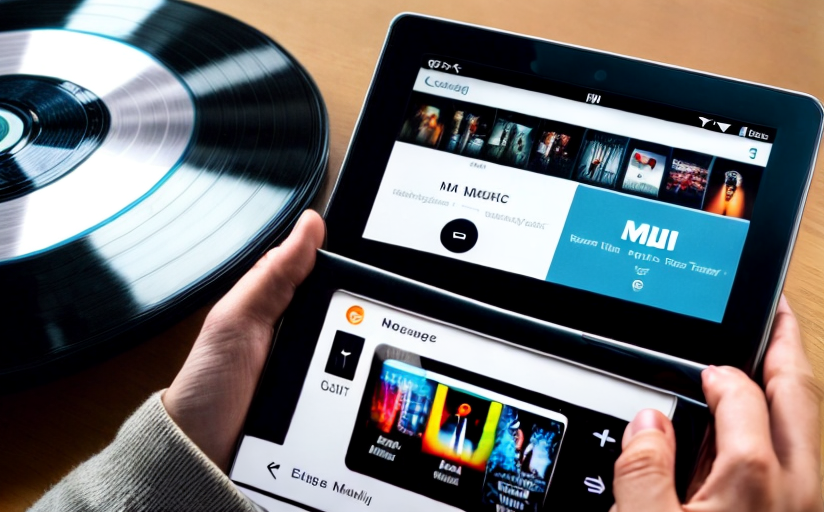The Transformations Brought About by Digital Technology in The Music Industry
The music industry has witnessed significant transformations owing to the advent of digital technology over the years. Progressions in technology have reshaped music production, distribution, and consumption, fundamentally altering the landscape of the industry.
Shifts in Music Production, Distribution, and Consumption
Technology has made music production more accessible. Sophisticated music can be produced using digital tools and software platforms, without the need for traditional recording studios or even physical musical instruments. Distribution has radically changed with the rise of online music platforms and streaming services, enabling artists to reach global audiences in an instant. Consumption trends have also experienced a shift, with people listening to music on-demand through smartphones and smart speakers instead of purchasing physical albums or CDs.
Pros and Cons of Digitization
While digitization has brought numerous advantages, it also presents a set of challenges. Artists can now independently produce and distribute their music, giving them control over their content and profits. However, it has also led to issues such as digital piracy and debates around fair remuneration from streaming platforms. Similarly, consumers now have immediate access to a wider range of music than before, but this comes with a cost – subscription fees to multiple platforms and concerns over data privacy.
Impact on the Music Business Model
Digital technology has disrupted the conventional model of the music business, reducing the influence of major labels and giving rise to independent artists. The power balance has shifted from the record labels that once dominated the industry, to the music artists and consumers. This digital revolution has also prompted a change in revenue models with income now significantly coming from live performances, merchandise and online subscriptions rather than sales of physical records.
Predictions for the Future
The future of the music industry is expected to be driven further by digital technology. Advanced technologies like artificial intelligence, virtual reality, and blockchain are projected to influence the way music is created, shared, and experienced. Embracing this technological shift can aid the music industry to continue evolving and remain relevant through the changes.
















Comments
Leave a Comment